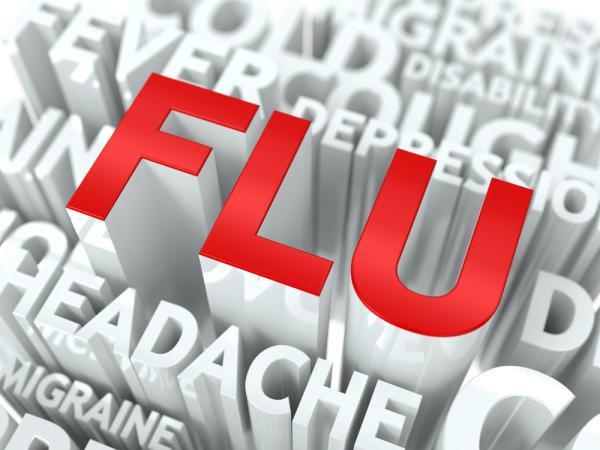
In like a lamb, out like a lion? Maybe not when it comes to flu season. According to the CDC's latest numbers, although the number of influenza cases reported across the country is steadily climbing, flu activity is nowhere near what the nation saw last year. However, that may not seem like the case in places hit hard this year, like Iowa, Kentucky and Texas, a few of the dozen states classified by the CDC as seeing "widespread" flu activity. Now the good news. To date, the hospitalization rate for the influenza virus is 1.8 hospitalizations per 100,000 people in the U.S., compared with 36 cases per 100,000 this time last year. Much of the mildness of the flu season can be attributed to the efficacy of this year's vaccine, a contrast to last year's flu vaccine, which was ineffective in protecting against the most common strain. The most common flu strain circulating now is H1N1, the same strain that caused a flu pandemic in 2009. This is also the same strain that tends to affect young and middle-aged adults, as those folks are less likely to be vaccinated. The latest CDC report on the 2015-2016 flu season found that fewer than half of children and adults have been vaccinated by early November of 2015; that's only two out of every five persons ages 6 months and older in the United States, leaving most without virus protection.
What's more, CDC officials estimate that by the end of the flu season (late February to early March) the number of all vaccinated people is expected to dip slightly, from 40.3 percent in 2014-2015 to 39.5 percent in 2015-2016. The numbers are good; they aren't great. Though high vaccine rates don't always support herd immunity, they are most important for those with high risk conditions, where a vaccine may mitigate the risk of contracting the flu, even though it may not completely prevent it. At its best, the typical flu season can send as many as 200,000 Americans to the hospital with complications like pneumonia. At its worst, it kills thousands of Americans annually. If you haven't yet done so, you should make make it a point to get vaccinated. Unsure if you have the flu? Here's how you can tell.



